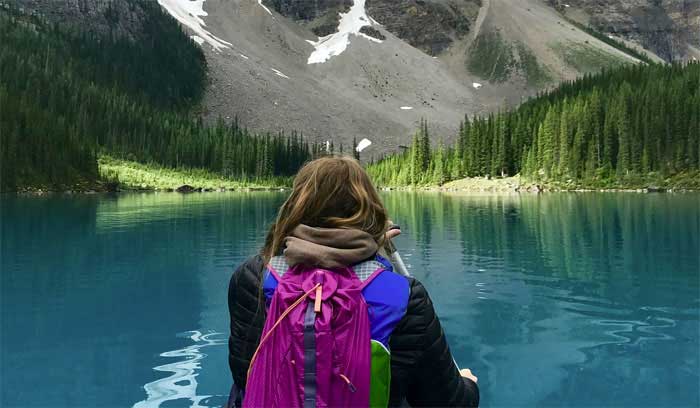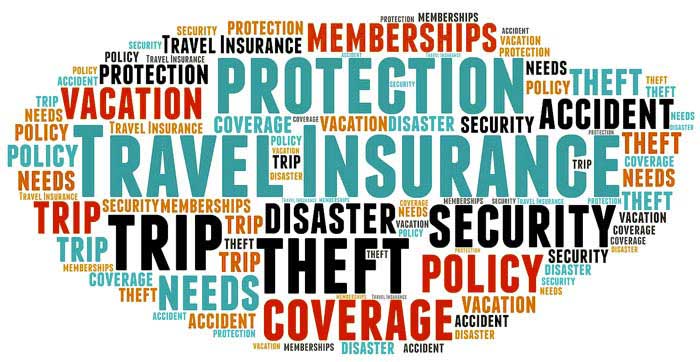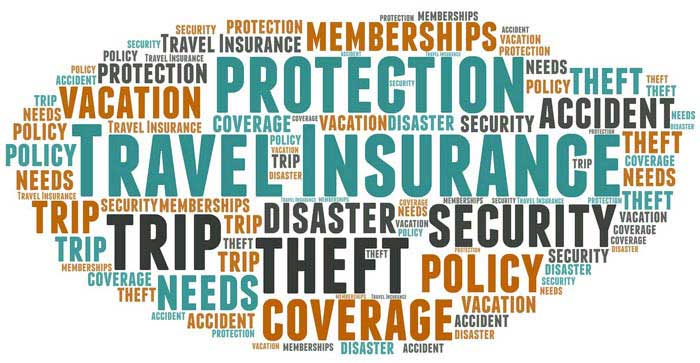Sure you've been told about the perks of travelling: everyone is up for adventure, the excitement of new things, escaping from a boring life, trying new food, meeting new people, getting new experiences, having freedom to decide your own life. But what about the downside of travelling for a long time? What about the feeling of never fully establishing yourself anywhere? Not feeling like you are ever home? How about meeting incredible people, soul mates even, but having to say goodbye because you are going separate ways? So you are prepared, here are the negative aspects of traveling:
One of the biggest disadvantages of travelling is loneliness. A lot of the time, you are alone. No friends, no family. Sometimes you are along on your bed with not enough motivation you get a meal outside and eat on your own. Sometimes you just long for a familiar face to share adventures with, to talk about what has happened so far and laugh about it.
Sometimes you meet someone at a hostel, or while having breakfast or share a few drinks, travel a bit together and share great memories. Suddenly in a couple days it feels like you guys have known each other since forever, but soon enough to have to part ways. You say you'll keep in touch but it is not the same as when you are together. And this happens over and over while you are backpacking for a long time. You make great friends and you might be lucky enough to meet them again if you are following the same route, but sometimes you are not so lucky.
Sometimes you meet that special person, and since you are backpackers, everything intensifies and you fall in love quickly, way faster than you normally would at home, and you wonder why you never met someone like that person back home, but then because you have different travel plans, you have to go separate ways... those are the most painful goodbyes. You try to make it work out but the distance makes it hard and being in constant movement meeting new people makes it even worse.
You start thinking of home as a comfort but it is hard to go back to a conventional life because you don't want to miss out on the world, you are afraid you won't get the opportunity to have this much freedom to just discover and travel as you like again. As Leonardo da Vinci stated: “Once you have tasted flight, you will forever walk the earth with your eyes turned skyward, for there you have been, and there you will always long to return.”
There are other more practical problems of travelling. What about jet lag, insomnia due to flight anxiety and so on? Researchers argue in a new paper from the University of Surrey that the life of a traveler is not as glamorous as their Instagram photos show.
“It's quite interesting how certain issues are pushed aside (on social media),” Stefan Gössling, one of the paper's authors told The Huffington Post. “On Facebook, there are not discussions about all the problems with travel.”
The paper also exposes other medical problems of travel. For instance, big-time travelers risk increased radiation exposure and incessant jet lag, while other studies show that parents who are frequent fliers have a different relationship with their children. Gössling also stated that long-time backpackers may find it more difficult to relate to places and people after a while since they have been overexposed to new environments.
“We always talk about how travel is good, how it connects people,” he said. “But the problems should be discussed, too.”
And oh yeah, packing! Packing and unpacking every time you arrive and leave a destination is rather inconvenient.




